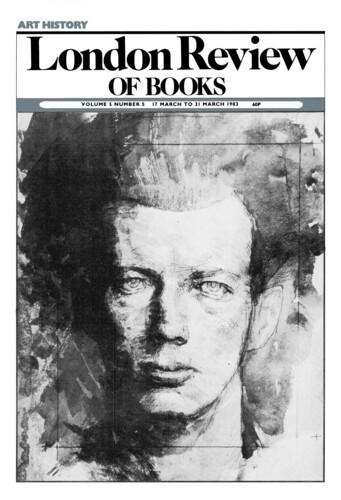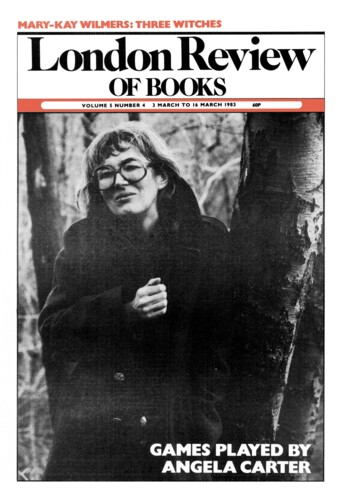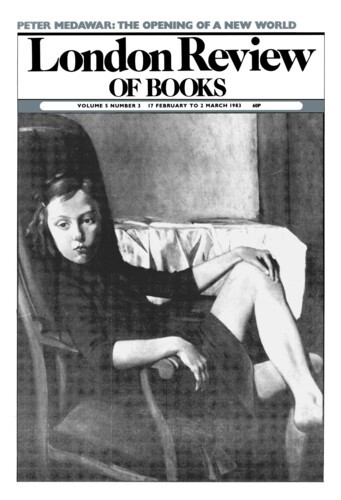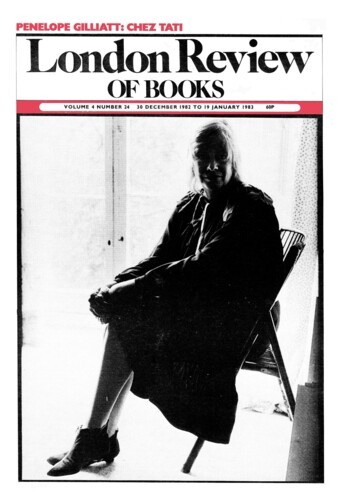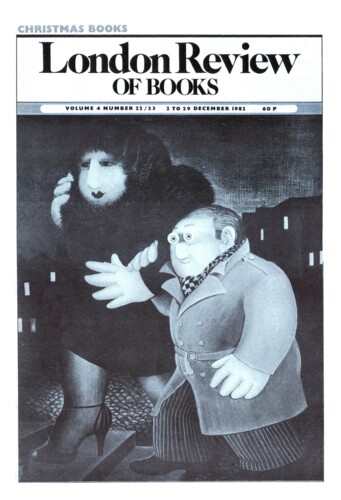Diary: The End of Solitary Existence
A.J.P. Taylor, 17 March 1983
Here is a story with a warning. For years past, as I drove from King’s Cross to the Angel, I have noticed St James’s Church, Pentonville, at the top of the hill and have promised myself that one day I would pay it a visit. I was in too much of a hurry or the traffic was too dense or it was beginning to rain – there was always some excuse for pushing by. On the one occasion I actually stopped, the church was locked, which is for ever happening with churches nowadays. I was confident that St James’s would always be there. It was a small church and its upkeep could not cost much. It was by way of being a church of some fame: Grimaldi was buried there and the theatrical profession could surely be counted on to maintain it. Above all, it was an adornment to an otherwise undistinguished site.
